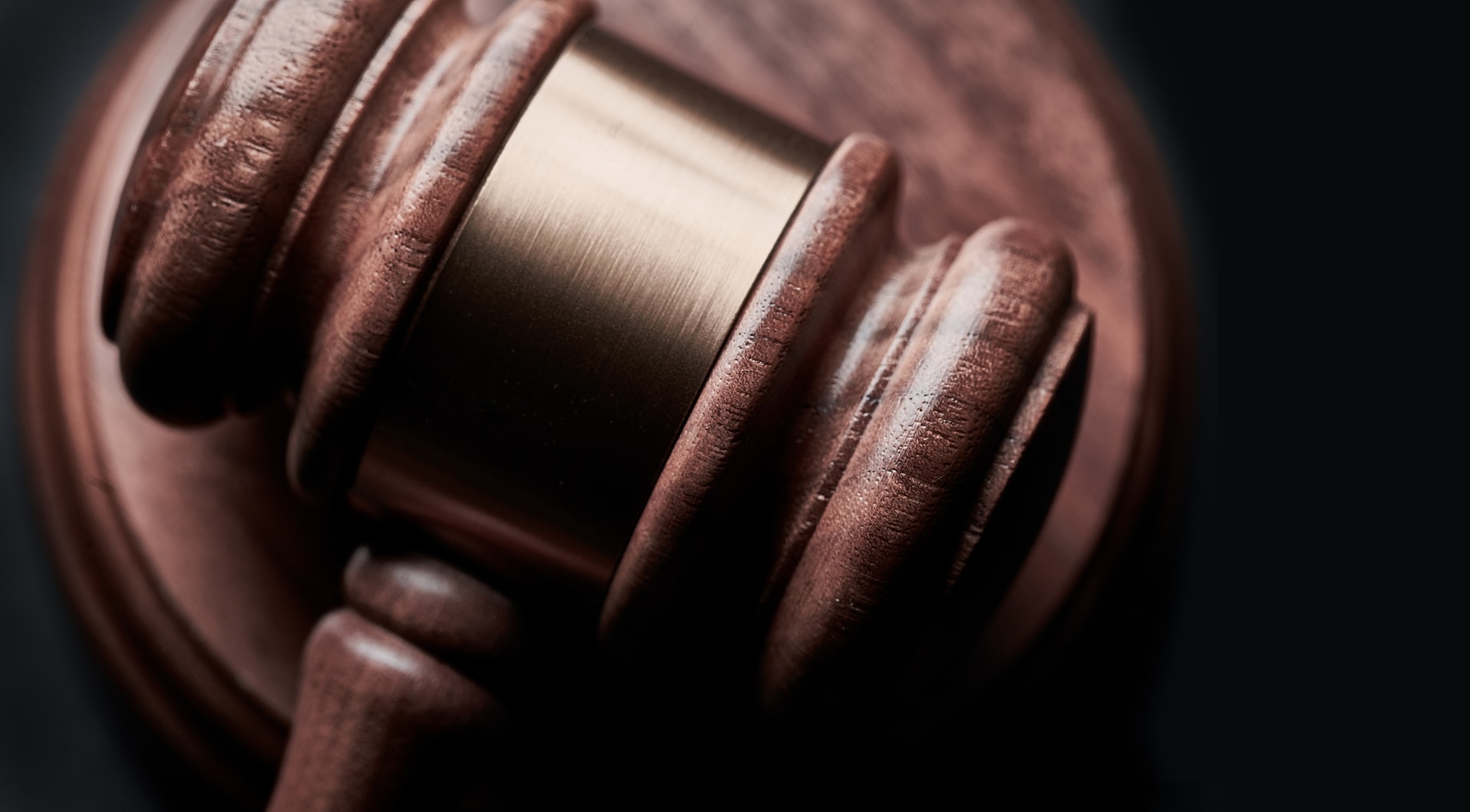
Property owners (or even non-owner residents) must keep a comparatively secure environment so that individuals who come into the house do not suffer an accident. This obligation is called”premises liability,” which holds landowners and owners accountable for accidents and injuries on their property. The kinds of events that might lead to property liability claims vary from a slip and fall on a public sidewalk to an accident suffered in an amusement park ride.
By way of instance, a courier delivering a package may sue you for injuries if he slips and slides within an oil slick from the driveway. Still, when the courier engages dangerously, they might not have a legal claim. This guide will talk about how accountability depends upon when an individual has been hurt on someone else’s property. Continue reading this article to find out more.
Both Parties’ Accountability
 Among the most frequently used constraints on a house owner/possessor’s liability would be that the injured person’s debate was partially at fault for what happened. A customer has a duty, generally, to exercise reasonable care for their security. The majority of states adhere to some”relative fault” method in personal injury cases, meaning that an injured individual’s legal compensation will be reduced by a percentage equal to her or his fault because of the incident. By way of instance, if it has determined that an injured individual was 25% liable for a crash, and the total compensation was $10,000, he or she’ll receive just $7,500.
Among the most frequently used constraints on a house owner/possessor’s liability would be that the injured person’s debate was partially at fault for what happened. A customer has a duty, generally, to exercise reasonable care for their security. The majority of states adhere to some”relative fault” method in personal injury cases, meaning that an injured individual’s legal compensation will be reduced by a percentage equal to her or his fault because of the incident. By way of instance, if it has determined that an injured individual was 25% liable for a crash, and the total compensation was $10,000, he or she’ll receive just $7,500.
Trespassers on Property
Connected to trespassers, if the owner understands it is possible trespassers will enter your house, they could have a responsibility to provide a reasonable warning to reduce harm. This condition applies only regarding artificial states that the proprietor has established or maintains and understands may be prone to cause significant injury or death.
Children on Property
A landowner’s duty to warn differs regarding kids who aren’t licensed to be on the house. A property owner/possessor should provide a warning if he or she knows (or should know) that kids are more inclined to be about the premises, which a dangerous condition on the premises will be very likely to cause severe bodily harm or death.
Special Rules for Landlords
Particular rules of accountability may apply in lessors, commonly referred to as landlords, of land. The general principle holds that a landlord is not liable to a tenant, or anybody else, for bodily harm brought on by a condition on the house. This general principle is based partly on the landlord’s imagined lack of control within the property when it is leased; however, the rule has many critical exceptions.


